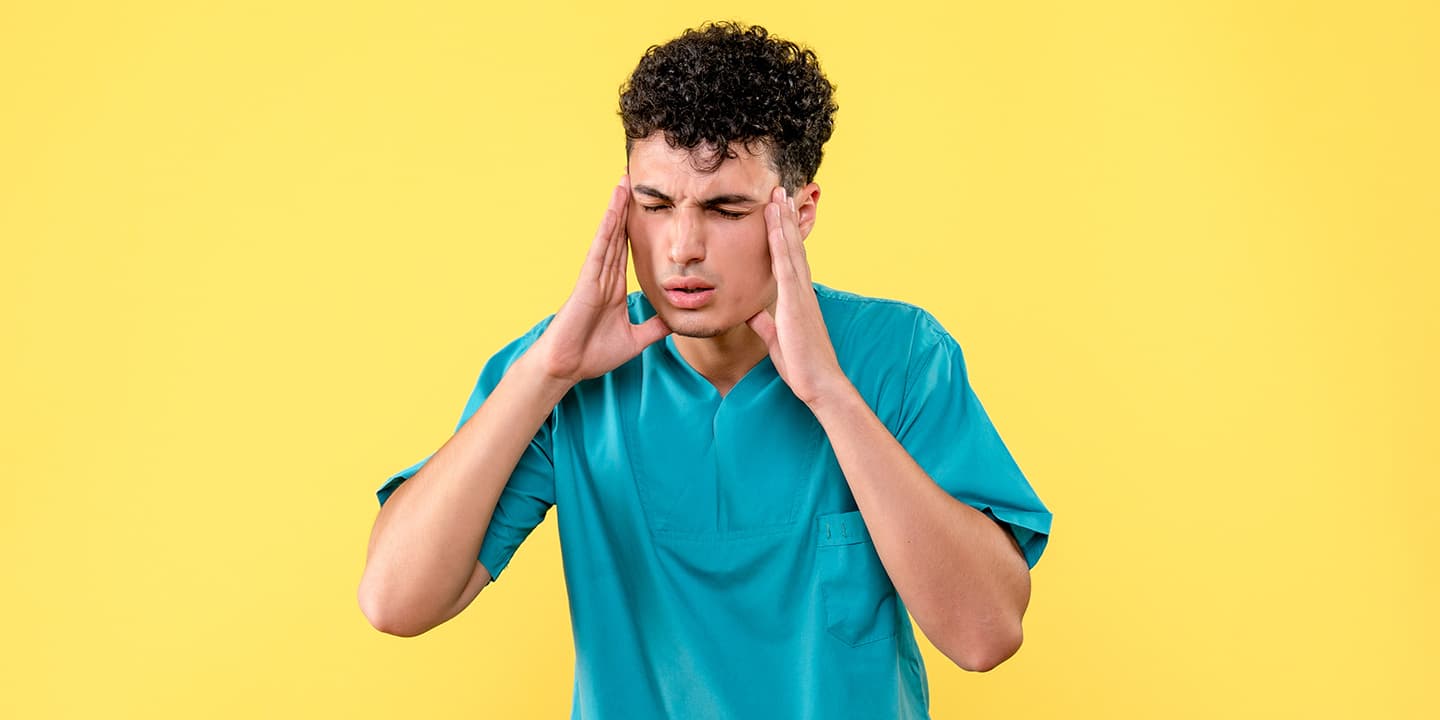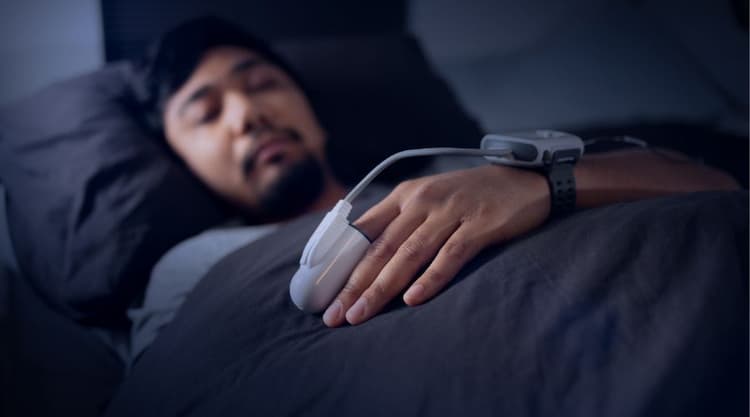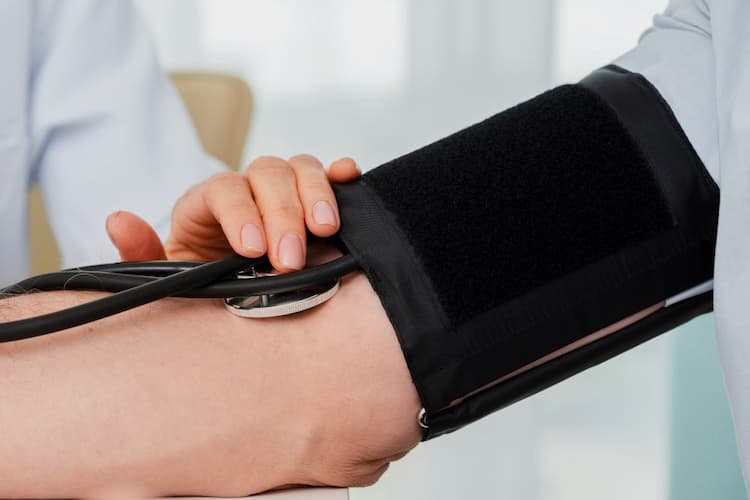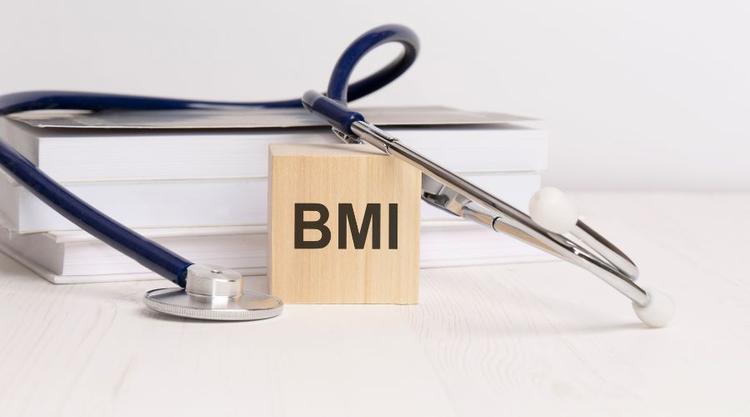Dementia: causes, symptoms, stages, treatments

Medically Reviewed By
Dr. Ragiinii Sharma
Written By Prekshi Garg
on Jul 25, 2022
Last Edit Made By Prekshi Garg
on Mar 16, 2024

While it is a medical condition, Dementia is not a disease. It is a gamut of symptoms related to cognitive, thinking, and memory issues of the brain. It is a slow progressive syndrome that leads to chronic brain conditions affecting simple, daily routine activities.
According to the World Health Organisation (WHO), 55 million people live with dementia worldwide with startling figures of nearly 10 million cases of dementia added every year. There are many conditions that are potential causes of dementia. Alzheimer's is one of the primary causes of this progressive condition. Statistically roughly 60 to 80% of the people with Alzheimer’s have Dementia.
Dementia is the seventh leading cause of death and one of the prime causes of disability and dependency among the elderly population.
The onset of dementia is when parts of the brain that helps learning, memory, decision-making, and language, either weaken or get damaged. This leads to neurocognitive impairment. Data shows that 5 to 8% of the elderly population (above 65) have some type of dementia, and nearly half of the people above 85 suffer from this cognitive-deteriorating syndrome.
With no permanent cure for the group of symptoms this condition carries, medications can help slow down its deterioration process and make management easier.
What is Dementia?
A steady decline in mental functioning related to memory, behaviour, and learning is called dementia. Dementia brings about a group of symptoms that vary between individuals but pinpoint disorders of the brain like:
- Memory issues
- Loss of reasoning ability
- Language and communication problems
- Coordination difficulties
- Erratic mood fluctuations
- Behavioural problems
All the above-mentioned neurological concerns may be due to ageing. But having even one of these issues does not in any way directly indicate dementia. Not all aged people have dementia.
In dementia parts of the brain are either damaged or injured, severely affecting social abilities and impacting daily activities. A thorough evaluation of the brain and neurological condition is essential to diagnose dementia.
Types of Dementia
There are different forms or types of dementia. Though not reversible, these types can be managed to a certain extent. Some of them include:
- Alzheimer's disease
- Vascular Dementia
- Dementia due to Parkinson's disease and other neurological conditions
- Dementia with Lewy bodies
- Frontotemporal Dementia or Pick's disease
- Creutzfeldt-Jakob disease
Depending on the part of the brain affected, dementia can be categorised into two groups.
-
Cortical Dementias
Cortical dementias are when the cerebral cortex or the outer brain layer gets damaged or diseased. The brain's cerebral cortex plays a vital role in language and memory, and people with cortical dementias suffer from extreme memory issues. They cannot remember simple words or activities and they also face difficulty understanding languages. Cortical dementia examples include Alzheimer's and Creutzfeldt-Jakob disease.
-
Subcortical Dementias
When parts of the brain underneath the cortex are affected, it is referred to as subcortical dementias. People with subcortical dementia have slow thinking ability with delay to commence or complete simple activities. However, they do not have memory loss and language understanding problems. Examples include Parkinson’s disease, Huntington’s syndrome, HIV, and more.
Other Dementia forms
Sometimes, both the subcortical and cortex of the brain get affected. Lewy Body Dementia is a classic example of both cortical and subcortical types of dementia.
Dementia vs. Other forms of Memory Loss
Memory loss as a part of ageing is a transient state where confusion and forgetfulness overrule for a certain period. It may be due to an infection, trauma, injury, or side effects of medication that heals without treatment and is restored.
However, dementia affects the brain and its associated nerves controlling protein mechanisms that typically worsen over time.
What are the possible causes of Dementia?
The prime cause of dementia is the irreparable damage to nerve tissues and the brain. Some of the conditions associated with the slow progressive nerve degradation include:
-
Alzheimer's disease
It is one of the primary causes of dementia where protein and protein products in the brain affect the brain. Scientists predict there are three primary gene mutations linked with Alzheimer's among which is the apolipoprotein E4 or APOE gene.
Alzheimer’s is characterised by plaques and tangles that develop in the brain that eventually damage the healthy neurons and fibres connecting the brain. Plaques mainly are protein knots or beta-amyloid while tangles are fibrous tau protein.
-
Vascular dementia
This is a type of dementia that affects the blood vessels supplying blood to the brain. The damaged blood vessels can cause strokes and further damage the white matter of the brain. The early signs of vascular dementia include slow problem-solving and thinking. The other signs are loss of concentration and organising skills.
-
Lewy Body dementia
In this form of progressive dementia, abnormal lumps of balloon-sized proteins are found in the brain. Acting out one’s dream while in sleep, hallucinations where they assume or see things that are not happening, and issues with focussing and attention are some of the signs. Other noticeable signs and symptoms include slow movements, tremors, and body rigidity.
-
Frontotemporal dementia.
This type of condition shows the breakdown of nerve cells of the frontal and temporal brain lobes. Here, there is a paradigmatic shift in personality, thinking, behaviour, judgement, and language.
-
Mixed dementia.
A combination of various types or forms of dementia is seen in autopsy studies of the brains of people 80 and above diagnosed with dementia. However, it is unclear how mixed dementia is caused. Studies are still in progress on the symptoms and treatment of this type of dementia.
-
Huntington's disease
Huntington’s disease shows an autosomal dominant inheritance pattern caused due to a mutated gene. This condition is characterised by the damage or loss of nerve cells and the spinal cord. Symptoms include a drastic decline in cognitive skills at an early age of 30 to 40 years.
-
Traumatic brain injury (TBI)
Repetitive head injury or trauma can cause TBI. The condition highly depends on the part of the brain-damaged or injured. Symptoms include depression, loss of memory, speech impairment, and anxiety.
-
Creutzfeldt-Jakob disease.
It is a rare condition of the brain that may be due to the deposition of infectious proteins or prions. Signs and symptoms usually seen after the age of 60 can be an inherited condition and the actual cause is not known.
-
Parkinson's disease.
Many people who have Parkinson's disease gradually develop dementia.
Sometimes, dementia or dementia-like symptoms can be reversed. Some of the causes of dementia that can be reversed are:
- Infections and immune disorders: Fever and other infections are conditions where the body’s immune system fights to eliminate them. Such conditions can cause dementia-like symptoms. Multiple sclerosis is one such condition where the body’s immune system attacks the nerve cells. This can lead to dementia.
- Metabolic problems and endocrine issues: People having thyroid problems, low blood sugar/ hypoglycemia, excess or low sodium or calcium, or problems with vitamin B-12 absorption can develop dementia or dementia-like symptoms.
- Nutritional deficiencies: Dehydration, low vitamin B-1, not sufficient Vitamin B6, B-12, E, and copper in diet are some of the nutritional causes of dementia.
- Medication side effects: An adverse reaction to a medication and medication side effects are possible causes of dementia.
- Subdural hematomas: Bleeding and pooling of blood near the brain surface or covering, which may be due to a fall or injury can lead to dementia.
- Tumours of the brain: Rarely, brain tumours may influence dementia onset.
- Normal-pressure hydrocephalus: When the ventricles in the brain get enlarged, it can cause balance issues, urinary problems, and loss of memory, leading to dementia.
Symptoms of Dementia To Look Out For
Dementia affects every individual differently depending on the area of the brain affected. Signs and symptoms of dementia vary depending on the cause and type of dementia. General symptoms of dementia include:
Cognitive changes
- Loss of memory,
- Impaired reasoning and problem-solving ability,
- Difficult to handle the complex tasks,
- Communication problems,
- Difficulty in finding words,
- Affected visual and spatial abilities,
- Poor coordination and motor functions,
- Poor organising and planning abilities,
- Difficulty in focusing,
- Orientation problems,
- Confusion.
Psychological changes
- Changes in personality,
- Depression,
- Anxiety,
- Anger and agitation,
- Paranoia,
- Inappropriate, unusual behaviour,
- Hallucinations (imagining things that have not occurred).
Stages of Dementia
Dementia is distinguished into different stages depending on the severity and progression of the condition.
- No impairment or low damage: In this stage, diagnostic tests may show problems relating to the brain and nerves, but symptoms are not noticeable.
- Very mild deterioration: Slight changes in behaviour may be noticed but can manage independently.
- Mild deterioration: Changes in thinking, planning, and reasoning, where they may repeat themselves a lot and face difficulty in remembering events.
- Moderate deterioration: They tend to forget immediate or recent events. Cannot make plans and have difficulty travelling and handling money.
- Moderately severe deterioration: People at this stage tend to forget grandchildren’s names and contact numbers. They have confusion concerning the time of the day and the week of the day. They may also require assistance with basic daily activities, including choosing their everyday clothes.
- Severe deterioration: They forget the name of their spouse. They will need assistance while going to the restroom and eating. Their personality and emotions change drastically.
- Very severe deterioration: At this stage, they can not speak or communicate their thoughts. They cannot even walk to the restroom. They spend most of their time in their beds.
What Are the Other Risk Factors Associated with Dementia?
Some of the risk factors known to be associated with dementia include:
- Age: The possibility of dementia increases with increasing age, making it one of the most significant risk factors causing dementia. Dementia generally affects people after the age of 65.
- Family history: Parents or siblings with dementia are an added risk factor for developing dementia.
- Down’s syndrome: Down’s syndrome is one of the main causes of early onset of Alzheimer’s disease.
- Associated health conditions: Health problems like high blood pressure, cholesterol, diabetes, atherosclerosis, or excess smoking can cause damage to blood vessels and tissues relating to the brain. Thus increasing the risk of dementia.
- Ethnicity: Certain ethnic populations like African Americans, Hispanics, etc., are more likely to have dementia.
- Brain injury: Injury or damage to the brain primarily increases dementia risk.
How is Dementia Diagnosed?
With a lot of challenges in diagnosing dementia, the doctor studies the pattern in which the patient shows a decline in cognitive, learning, and communicative behaviour. There is no single detection test for dementia. A series of tests are required to pinpoint this condition. The recent development in dementia research is the inclusion and availability of biomarkers that can help accurately diagnose Alzheimer’s disease.
After a thorough study of symptoms, and medical history, the doctor will conduct a physical examination and order some of the below-mentioned diagnostic tests. However,
- Cognitive and neuropsychological tests: A range of tests measure the cognitive and thinking skills- memory, reasoning, language, communication, attention, orientation, judgement, decision-making, etc.
- Neurological evaluation: The neurological survey includes evaluation of memory, language, problem-solving ability, sense reflexes, body balance, visual perception, communication, coordination, and more.
- Brain scans: Scans related to the brain include computed tomography (CT) scans, magnetic resonance imaging (MRI) scans, and positron emission tomography (PET) scans.
- Blood analysis: blood tests help detect the associated issues affecting the brain. These include- thyroid tests, vitamin-B12 deficiency, and inflammation tests with markers.
- Psychological examination: Includes evaluation of other contributing symptoms affecting mental health like depression, anger, aggression, and hallucinations.
Treatment Options for Dementia
It is a hard fact that dementia, a neurodegenerative disorder, cannot be cured. However, there are ways like medications and therapies to manage the symptoms.
-
Medications
Medications for managing dementia symptoms include the following.
- Cholinesterase inhibitors: Commonly used in the treatment of Alzheimer’s and dementia symptoms, these medications help by reducing the acetylcholine breakdown. Some of the cholinesterase inhibitors include donepezil (Aricept), rivastigmine (Exelon), and galantamine (Razadyne).
They help improve the function of biochemical messengers responsible for memory and judgement. These medications are prescribed for Alzheimer's and certain dementia types- vascular dementia, Parkinson's disease dementia, and Lewy body dementia.
Side effects of cholinesterase inhibitors are nausea, slowing of heart rate, dizziness, vomiting, sleep disturbances, and diarrhoea.
- Memantine: Memantine (Namenda) is a class of NMDA receptor antagonists that work by decreasing unnecessary activities in the brain. This medication regulates the activity of glutamate- a chemical messenger responsible for learning and memory. Side effects of memantine include dizziness, nausea, vomiting, confusion, and more.
- Other medications: Symptoms such as sleep disturbances, depression, hallucinations, agitation, etc., are managed through other prescribed medications.
-
Therapies
Major dementia symptoms and cognitive issues can be treated through various therapies. Some of them include:
- Occupational therapy: Occupational therapy teaches home managing, accident prevention, behaviour management, and other coping methods necessary as dementia progresses.
- Modifying the environment: Improving focus and attention by reducing the clutter and noise. Using monitoring systems to manage patients with dementia and keep home safe while hiding sharp and harmful materials.
- Helping perform simple tasks: While a dementia patient cannot perform complex tasks, break down the complex task into simpler ones and allow them to do them by themselves. Focus on success rather than failures and encourage them. Definitive tasks and structure can help reduce confusion and build focus.
Ways to Prevent Dementia
When it comes to preventing dementia, lifestyle modifications and a health-centric lifestyle can help reduce the risk factors. Some of them include:
- Have cholesterol levels under check,
- Maintain normal blood pressure and blood sugar levels,
- Maintain a healthy weight,
- Do not smoke,
- Have a diet filled with whole grains, fresh fruits, vegetables, nuts, seeds, high protein, and low carbs and sugars.
- Exercise regularly,
- Keep your mind active and engage in brain-related activities, such as solving riddles, word games, and puzzles.
- Engage socially with people while interacting more, discussing the current events, and having an active lifestyle where you do your daily activities all by yourself.
Frequently Asked Questions
-
Can a person completely recover from dementia?
There is no cure for dementia. The fact remains that dementia is a neurodegenerative disorder where the nerves degenerate constantly and sequentially increase as the condition progresses. However, the dementia symptoms can be managed through medications, small changes in lifestyle, and cognitive therapies.
-
Do dementia patients do better at home?
The best care for a person having dementia is home care or care at home. People with dementia are forgetful, and at home, there are fewer possibilities of disorientation and forgetting simple things like where the bed is placed and where the toilet is.
-
Are there warning signs for dementia?
Some early or warning signs of dementia include increasing memory loss, confusion, decreased concentration, withdrawal from tasks, behavioural changes, and depression.
Conclusion
In dementia, the parts of the brain and nerve connections get damaged. It is a progressively increasing condition where the symptoms cannot be identified in the early stages of this condition. However, dementia finds no single or definitive diagnostic test. And most dementia types are irreversible or cannot be cured but can be managed through medications and therapeutic management of symptoms.
You will need to check with your physician if you observe memory loss, behaviour and personality changes, task withdrawal, or confusion in any of your family or friends.



